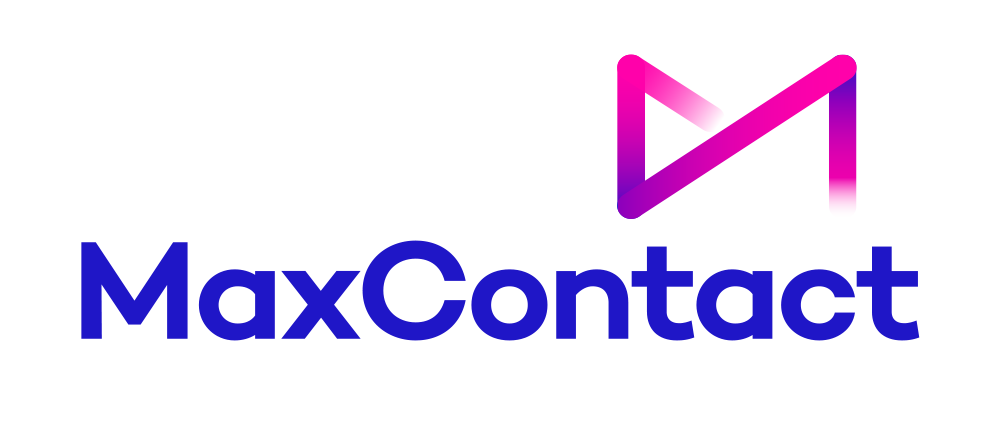PBX
A Private Branch Exchange (PBX) is an internal phone system. It allows businesses, whether it be offices or call centres, to manage internal and external communications.
This means employees within a company can communicate internally, but also make external calls using shared external lines - instead of using a separate line for each user.
They are generally easy to operate and should be able to integrate with your existing business setup.
PBX systems are used by offices, call centres, and organisations of all sizes to streamline calls, reduce costs, and enable advanced features like call routing, voicemail, and conferencing.
PABX vs PBX
There aren't many differences between PABX and PBX. PBX stands for Private Branch Exchange, while PABX means Private Automatic Branch Exchange.
|
Feature |
PBX |
PABX |
|
What it is |
Basic internal phone system |
Automated version of PBX |
|
Call handling |
Manual or basic routing |
Automated call routing (IVR, voicemail, etc.) |
|
Technology |
Older, often analog |
Digital or VoIP-compatible |
|
Cloud-ready? |
No, unless upgraded |
Yes – easier to link with cloud platforms |
|
Scalability |
Limited, hardware-based |
More scalable and flexible |
Note: Today, PBX and PABX are often used interchangeably, as most systems are now fully automated.
Types of PBX Systems
There are several types of PBX today – traditional, digital, on-site and cloud/ hosted. Let's explore these further:
|
Type |
Hardware Needed |
VoIP Support |
Scalability |
Remote Access |
Best For |
|
Traditional |
Yes |
No |
Low |
No |
Reliable, on-site only |
|
Digital |
Yes |
Partial |
Medium |
Limited |
Medium businesses upgrading |
|
IP PBX |
Yes |
Yes |
High |
Yes |
Tech-savvy, growing businesses |
|
Hosted/ Cloud |
No |
Yes |
Very High |
Yes |
Remote/distributed teams |
|
Hybrid |
Partial |
Yes |
High |
Yes |
Businesses in transition |
1. Traditional
Traditional analog/ legacy PBX are hardware-based and installed on the actual site. They use analog telephone lines (PSTN) and require physical infrastructure and on-site maintenance. Although they are reliable, they aren't very scalable and don't have modern features.
Traditional PBX might not be the best choice for a modern, growing contact centre. However, they're great for organizations that have unreliable internet!
2. Digital
Digital PBX systems are similar to traditional PBX - except they use digital signals instead of analog. These systems offer improved call quality and more modern features such as call recording and voicemail-to-email. Like traditional PBX, digital PBX requires on-site hardware.
Digital PBX systems are ideal for medium-sized businesses looking for improved quality and upgrading from analog systems.
3. On-Site VoIP
IP PBX uses VoIP to route calls through the internet. Although the hardware for IP PBX is installed on-site, calls are managed digitally. This also offers more features and integrates well with other business systems.
IP PBX is a good choice for modern businesses with a stable internet connection. Tech-savvy offices or growing SMEs often use this PBX system.
4. Hosted
This PBX software is hosted by a third-party provider and is accessed over the Internet. Unlike IP PBX, Digital PBX and Traditional PBX, Hosted PBX does not require on-site hardware (apart from, of course, phones/ softphones). Also known as Virtual PBX or SaaS PBX, this type of PBX is extremely scalable and easy to set up.
Hosted PBX is a good choice for SMEs with remote teams or distributed teams - businesses who want cost-effective and easy-to-manage phone solutions.
5. Hybrid PBX
Hybrid PBX combines both traditional with IP PBX. This PBX type allows businesses to keep their existing hardware but add VoIP or cloud-based features.
Hybrid PBX is a good choice for organizations transitioning from traditional to IP-based systems. It allows for the gradual adoption of new technology without removing any existing infrastructure.
Benefits of PBX
-
- Cost Savings – Routing calls internally and using internet-based technologies can reduce long-distance and international calling costs.
-
- Enhanced Communication – PBX systems provide a centralised
platform for voice calls, messaging, and conferencing, which makes communication easier among employees, clients, and partners.
- Enhanced Communication – PBX systems provide a centralised
-
- Scalability – PBX systems can easily scale up or down to accommodate changes in business size or communication needs, such as adding new lines or extensions.
-
- Advanced Features – PBX systems offer a range of advanced features, including voicemail, call forwarding, auto-attendant menus, and integration with other digital applications. This can enhance productivity and efficiency across the board.
-
- Improved Customer Service – With features like call routing and queuing, PBX systems can help your business manage incoming calls more effectively, leading to improved customer service and satisfaction.
-
- Flexibility – PBX systems can adapt to various work environments, including remote and mobile setups, allowing your employees to stay connected regardless of their location.
-
- Analytics and Reporting – Many PBX systems offer analytics and reporting tools that provide insights into call volume, duration, and other metrics, enabling your business to make data-driven decisions and improve your communication strategies.
How Long Does a PBX System Last?
The lifespan of a PBX system can vary depending on factors such as the quality of the hardware, software updates and ongoing maintenance. With the right care, your PBX system could last for 7 to 15 years or even longer.
Make sure you conduct regular maintenance and update the software as and when needed. If you fail to do so, the system could suffer from:
- Unexpected failures
- Reduced performance
- Increased security risks
Your PBX system should ultimately scale with you, whether this involves adding new lines, adding extensions, integrating your PBX with other technologies, or enabling remote work capability.
Is a PBX System Reliable?
Yes, a Private Branch Exchange system is generally considered reliable when properly implemented and maintained.
Many modern PBX systems offer redundancy features such as backup power supplies to ensure continuous operation even in the event of power outages or hardware failures.
Reliable PBX systems utilize high-quality hardware components that are designed to withstand continuous use and provide consistent performance.
PBX systems use security features such as encryption, access controls, and firewalls to protect against unauthorised access and cyber-attacks, so you can rest assured that your data will be stored away safely and securely.
Reliable PBX systems are scalable, allowing organisations to easily expand or modify their communication infrastructure as needed without sacrificing performance or reliability.
A PBX system is ideal for both inbound and outbound call centres.
Should I Get a PBX System?
If your business requires:
- Seamless internal communication
- Remote-friendly infrastructure
- Scalable and cost-effective calling solutions
...then a PBX system – especially a hosted or hybrid PBX – could be extremely beneficial.
At MaxContact, we provide advanced communication tools that go beyond a traditional PBX setup. Our cloud contact centre platform is ideal for businesses looking to modernise communication, support remote teams, and scale easily. Request a demo today!
.png)






